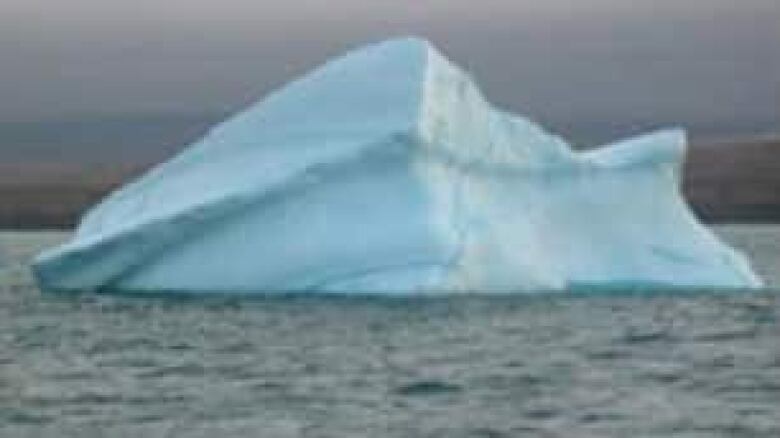'Climategate' scientists honest: report
But climate researchers at University of East Anglia weren't open enough, inquiry finds
An independent British report into the leak of hundreds of emails from one of the world's leading climate research centres has largely vindicated the scientists involved, a finding many in the field hope will calm the global uproar dubbed "Climategate."

The inquiry by former civil servant Muir Russell into the scandal at the climatic research unit of the University of East Angliain Norwich, England, found there was no evidence of dishonesty or corruption in the more than 1,000 emails stolen and posted to the internet inlate 2009.
But he did chide the scientists involved for failing to share their data with critics.
"We find that their rigor and honesty as scientists are not in doubt," Russell said. "But we do find that there has been a consistent pattern of failing to display the proper degree of openness."
Russell's inquiry into the scandal is the third major investigation into the theft and dissemination of the emails, which caused a sensation when they were published online in November, right before the UN climate change conference at Copenhagen.
The messages captured researchers speaking in scathing terms about their critics, discussing ways to stonewall skeptics of man-made climate change, and talking about how to freeze opponents out of peer-reviewed journals.
'The release of the emails was a turning point, a game-changer.' Mike Hulme
The ensuing scandal energized skeptics and destabilized the Copenhagen talks. The research centre's chief, Phil Jones, stepped down while Russell, a former vice-chancellor of the University of Glasgow in Scotland, investigated.
While Russell's report said there was no evidence to show Jones or any other scientist had subverted the peer-review process, it did revisit the now infamous email exchange between Jones and a colleague in which the climatologist refers to a "trick" used to "hide the decline" in a variable used to track global temperatures.
Graph 'misleading' but not intentionally
Some skeptics took that as proof that scientists were faking global temperature trends. Russell's report rejected that conclusion, but did say the resulting graph was "misleading" although not intentionally so.
Russell also criticized the university for being "unhelpful" in dealing with Freedom of Information requests something the United Kingdom's data-protection watchdog has already scolded the university for.
University of East Anglia vice-chancellor Edward Acton said the report had "completely exonerated" Jones, who would now return to the climatic research unit as director of research a new position that Acton said would free him from administrative duties.
Acton also said the university has since overhauled the way it dealt with requests for data.
Russell's report follows a British parliamentary inquiry that largely backed the scientists involved and another independent investigation that gave a clean bill of health to the science itself. Yet both reports have been criticized by skeptics who alleged they were incomplete or biased.
It has been difficult to gauge the impact of the scandal, which played widely in the British and U.S. media. In Britain, there is some evidence that public concern over global warming has been diluted, although not by much.
Fewer Britons believe climatechange
An Ipsos MORI poll published in June suggested that 78 per cent of Britons believed that the world's climate was changing, compared with 91 per cent five years earlier. Seventy-one per cent of respondents expressed concern about global warming, versus 82 per cent in 2005.
The pollster surveyed 1,822 people aged 15 and over in interviews between January and March 2010.
Some scientists say the scandal has made it impossible for researchers to hide data from their critics and has pushed those who do believe in the dangers of man-made global warming to be more vocal about their doubts.
"The release of the emails was a turning point, a game-changer," Mike Hulme, a professor of climate change at the University of East Anglia, told the Guardian newspaper before the Russell report was released. "Already there is a new tone. Researchers are more upfront, open and explicit about their uncertainties, for instance."
Bob Ward, the policy director of the Grantham Research Institute on Climate Change at the London School of Economics, agreed that openness was now theorder of the day.
"There is a need to re-establish trust," he said.












_(720p).jpg)


 OFFICIAL HD MUSIC VIDEO.jpg)
.jpg)



























































































